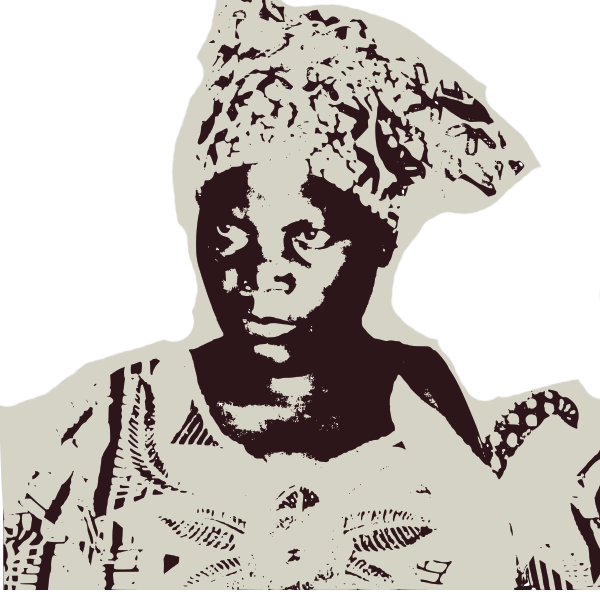-
 Justina WiriamoMutuali District, Mozambique“The land is my life because without it I would not be alive.I look at the land as my life because everything I need tolive comes from the land, as such it makes me into a person,”
Justina WiriamoMutuali District, Mozambique“The land is my life because without it I would not be alive.I look at the land as my life because everything I need tolive comes from the land, as such it makes me into a person,” Story provided by Oxfam
Story provided by Oxfam
Country: Mutuali District, Mozambique
Occupation: Environmentalist, Farmer, Mother of Five
Associated Organization:Oxfam
The livelihood of 43-year old Justina Wiriamo is being threatened. Wiriamo is a farmer and a married mother of five who lives in the Mutuali district of northern Mozambique. Wiriamo has been tilling the soil since she was six years old. She learned most of her agricultural knowledge and skills from her mother. Over the years, she has acquired new farming skills by attending a harvesting techniques course. She currently grows cassava, beans, maize, and other crops. After each harvest, she divides the produce into three parts: one into seed for the following planting season, another for domestic consumption and the third for sale to support the education of her children. For Justina, land is more than a right; it’s life itself. “The land is my life because without it I would not be alive. I look at the land as my life because everything I need to live comes from the land, as such it makes me into a person,” she says. That’s why she is mindful to employ agricultural practices that do not harm the environment.
“I practice conservation agriculture. I don’t use any chemicals and I don’t impoverish the land, and as such, I guarantee that my children and grandchildren can also have land to till as my grandparents did for me.”
But the arrival of new investments in agriculture in the community could offer payment for these best practices. Government has allocated large swathes of land in Malema to agribusinesses, including to AgroMoz, a joint-venture of three companies: the Portuguese Américo Amorim, Brazilian Pinesso, and Mozambican Intelec Holdings. AgroMoz is heavily involved in the growing of soybeans.
Wiriamo fears that mechanical farming could damage the soil. “The arrival of agribusiness promotes practices that are harmful to us and the soil. In the past we had a jatropha production project. We grew jatropha but no buyer came. This harmed the farmers and the soil.” But what is most vexing is that “they kick us out of the best production soils and kill our conservation habits, impinge us with their evil seeds and destroyed our crops,” she adds.
Fórum Mulher (the largest umbrella group of women’s organisations) and UNAC (the largest peasants association) have been carrying out training, awareness, and education activities to farmers on their rights. Thanks to these activities, Wiriamo feels her life has changed because she is able to defend her land and question the local leaders on what is happening in her district. “Before being trained by Fórum Mulher I agreed to everything they told me. I couldn’t talk nor exercise my position as deputy-chair of our association. I always deferred to my boss. But today I interact with people without fear. Thanks to the training, I’ve sensitised a lot of women to run for leadership positions and currently there are five associations led by rural women.”

